Summaries of books about Politics & Social Sciences:
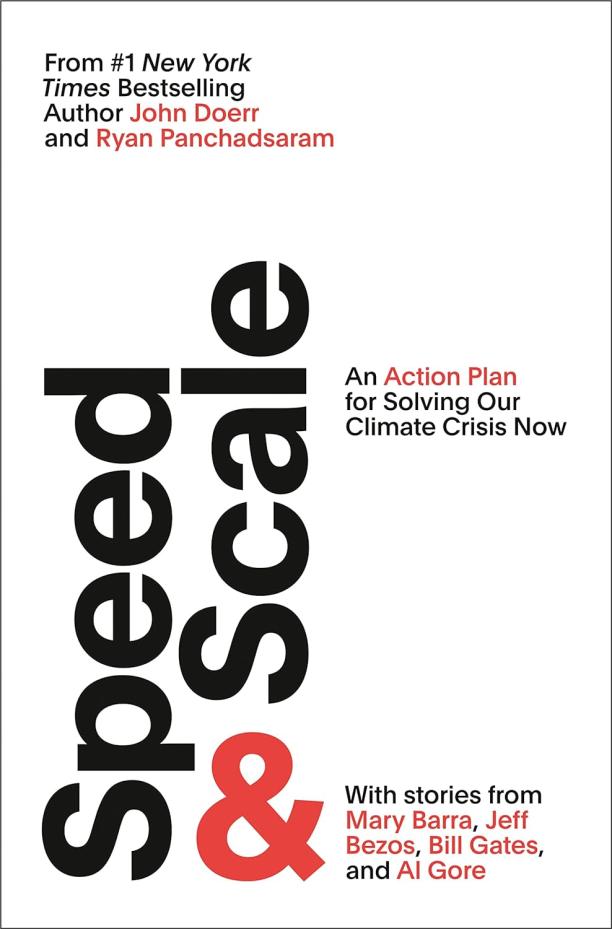
Speed & Scale
An Action Plan for Solving Our Climate Crisis Now
John Doerr
The book presents a comprehensive plan to tackle the global climate crisis, outlining key objectives and actionable strategies across various sectors such as energy, transportation, and agriculture. It emphasizes the urgency of the situation and provides a detailed roadmap with measurable goals, leveraging the authors' expertise in innovation and policy to inspire collective action and scalable solutions.
See full summary
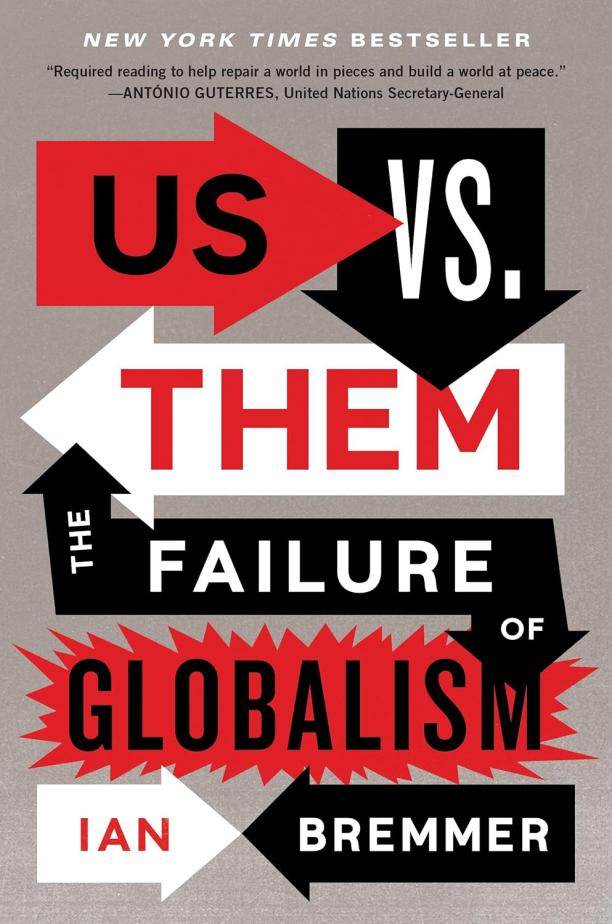
Us vs. Them
The Failure of Globalism
Ian Bremmer
The book examines the rise of populism and nationalism as a backlash against globalism, arguing that political leaders have failed to address the economic and cultural concerns of those left behind by globalization. It explores the consequences of this divide, including increased political polarization and the potential for conflict, while offering insights into how societies might address these challenges.
See full summary
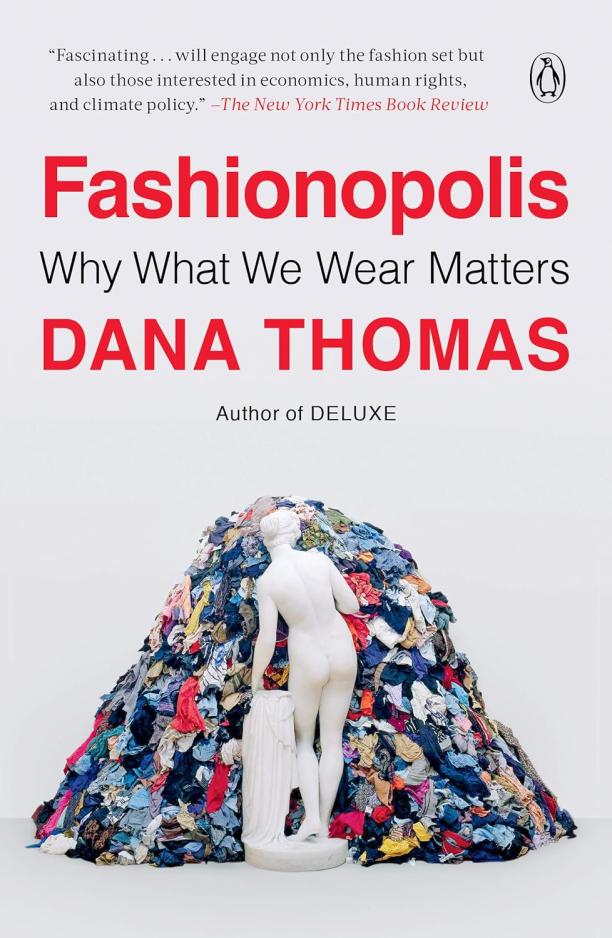
Fashionopolis
Why What We Wear Matters
Dana Thomas
The book investigates the environmental and ethical impacts of the fast fashion industry, exploring the damage it does to the planet and the lives of workers. It also highlights innovators who are creating sustainable, ethical solutions to reform the way clothes are designed, manufactured, distributed, and consumed.
See full summary
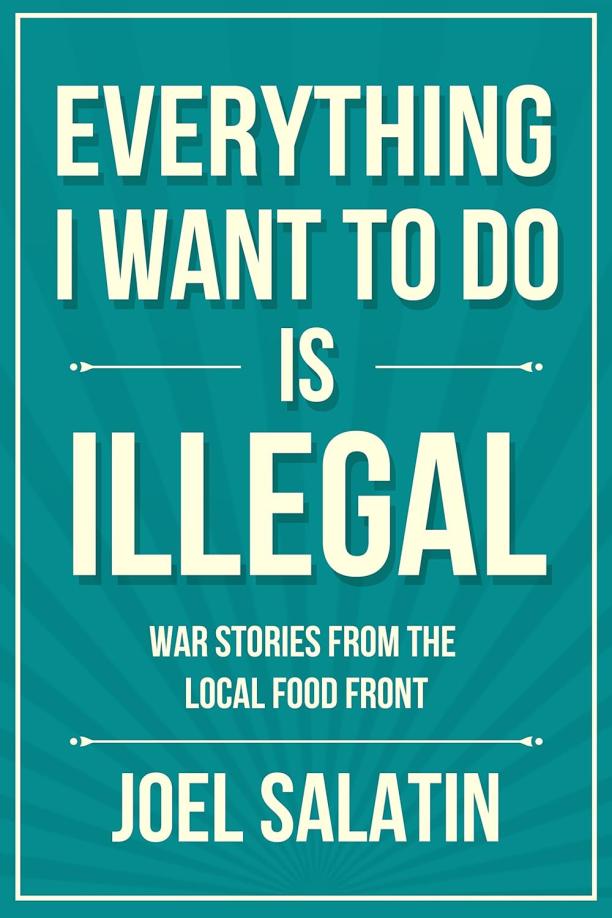
Everything I Want to Do Is Illegal
War Stories from the Local Food Front
Joel Salatin
The book is a critique of the regulatory hurdles faced by small farmers and local food producers, arguing that bureaucratic red tape stifles innovation and favors industrial agriculture. It shares personal anecdotes and challenges encountered by the author in his efforts to run a sustainable farm and advocate for food system reform.
See full summary
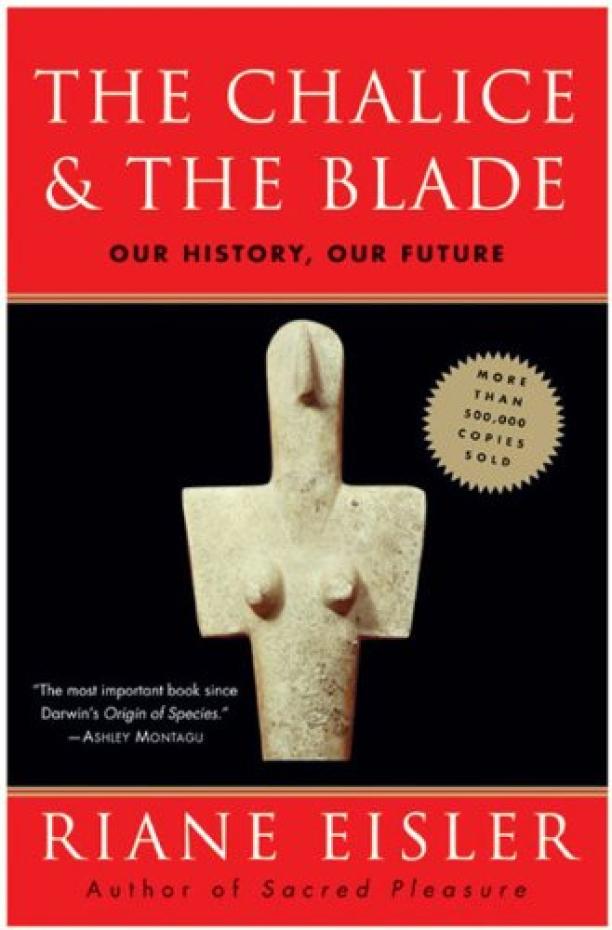
The Chalice and the Blade
Our History, Our Future---Updated With a New Epilogue
Riane Eisler
The book presents a cultural history that contrasts two underlying models of society: the dominator model characterized by hierarchy and violence, and the partnership model based on equality and collaboration. It argues that the shift from a partnership society in prehistory to a dominator one has shaped our past and that embracing partnership principles could positively transform our future.
See full summary
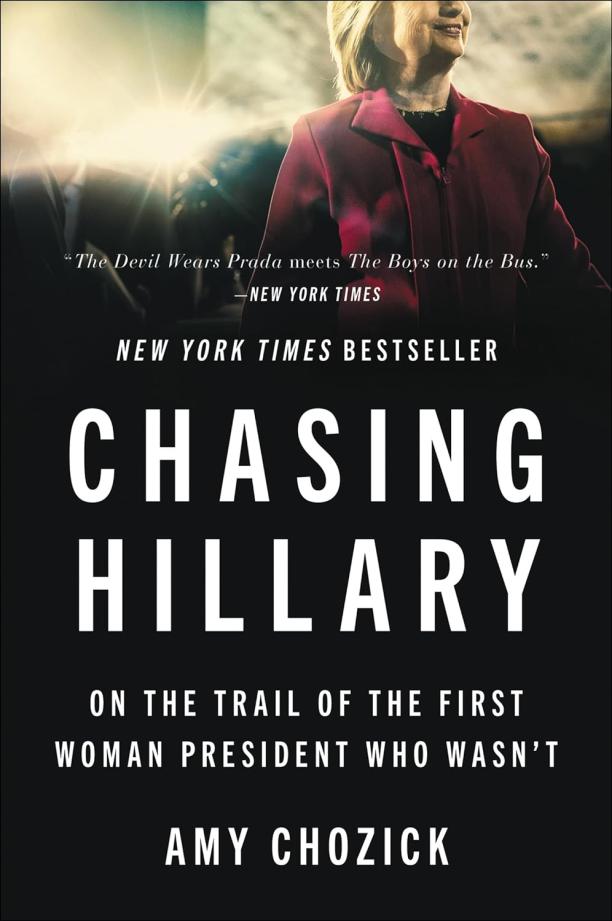
Chasing Hillary
On the Trail of the First Woman President Who Wasn't
Amy Chozick
The book provides a personal account of the author's experience covering Hillary Clinton's 2008 and 2016 presidential campaigns as a reporter for The Wall Street Journal and The New York Times. It offers insights into the dynamics of the Clinton campaign, the challenges of political journalism, and the impact of gender and media on the historic elections.
See full summary
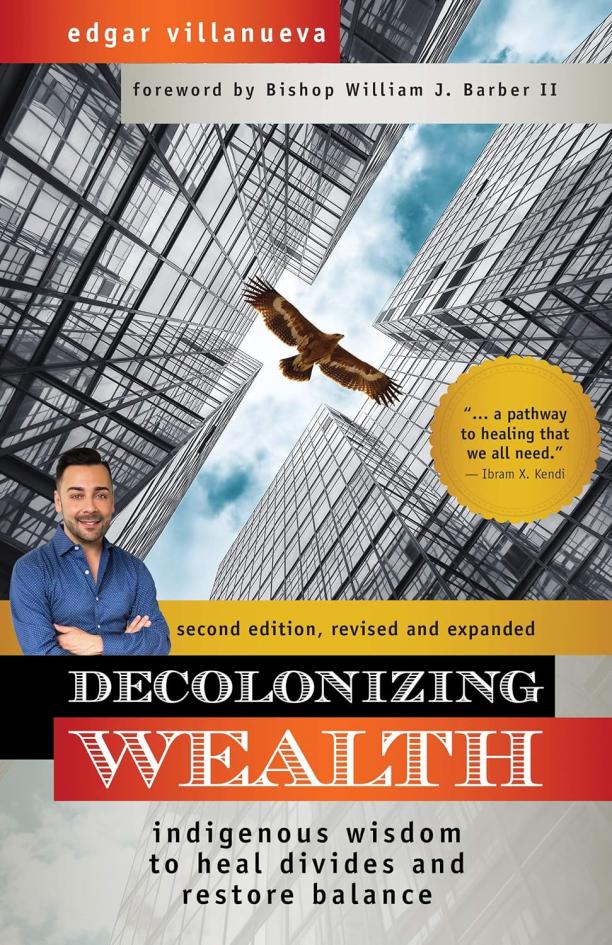
Decolonizing Wealth
Indigenous Wisdom to Heal Divides and Restore Balance
Edgar Villanueva
The book explores the intersection of wealth, racial equity, and philanthropy, advocating for a radical restructuring of power and capital through an indigenous lens. It offers practical advice and personal narratives to address systemic imbalances and promote healing and reconciliation in society.
See full summary
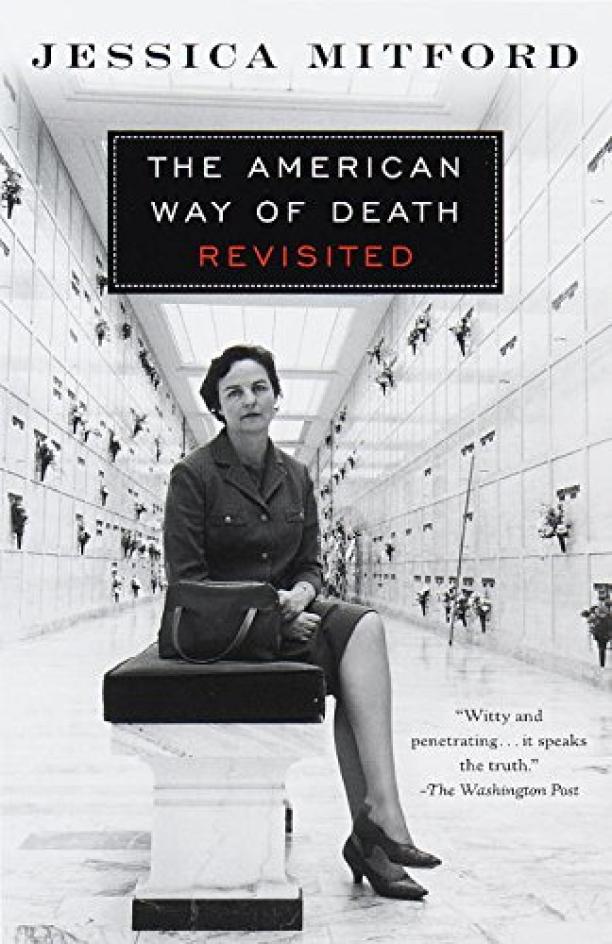
The American Way of Death Revisited
Jessica Mitford
The book critically examines the funeral industry in the United States, exposing exploitative practices and the commercialization of death. It delves into the high costs of funerals, the selling of unnecessary services, and the lack of regulation that allows for widespread consumer manipulation.
See full summary
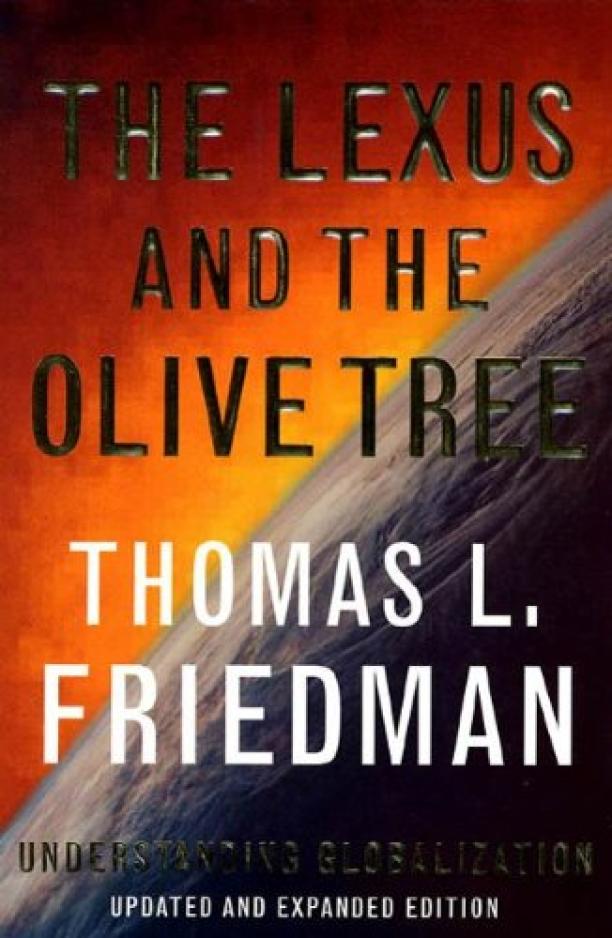
The Lexus and the Olive Tree
Understanding Globalization
Thomas L. Friedman
The book explores the complex and transformative world of globalization, examining how technological advancements, free-market forces, and political shifts have interconnected economies and cultures around the globe. It delves into the tension between the modern drive for innovation and wealth, symbolized by the Lexus, and the timeless pull of national identity, tradition, and community, represented by the olive tree.
See full summary
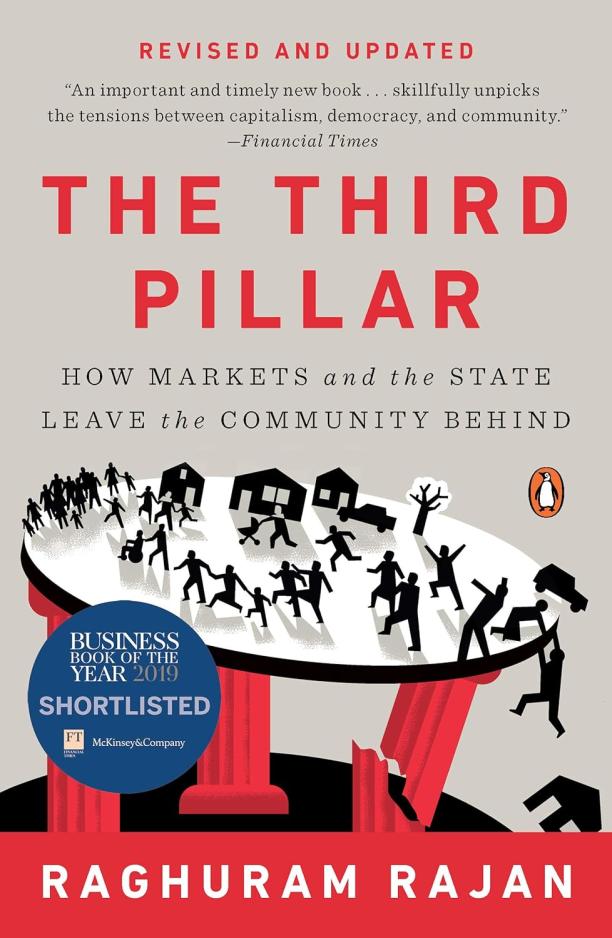
The Third Pillar
How Markets and the State Leave the Community Behind
Raghuram Rajan
The book explores the imbalance between the three pillars of society: the market, the state, and the community, arguing that the neglect of community has led to social and economic instability. It proposes solutions to restore balance, emphasizing the need for stronger local communities to ensure sustainable growth and democratic health.
See full summary